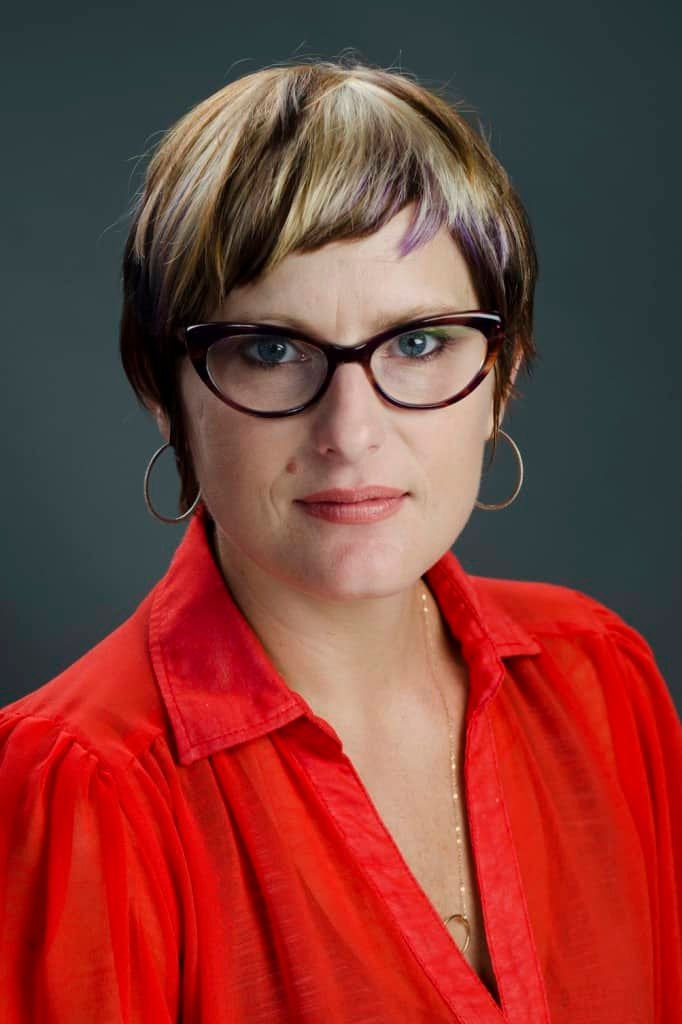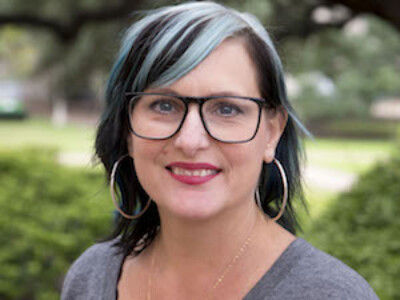By Catherine Cubbin and Eliza Platts-Mills

With Austin’s profound growth, safe and secure housing options are rapidly shrinking for low-income families. Immigrant families face this same housing challenge and the added one of stress and fear from living in a country and state that seem to have forgotten their proud immigrant histories.
There are strong ties between safe and secure housing and physical and emotional health. Abundant evidence finds that poor housing quality affects health. Indoor allergens (mold, dust, cockroaches) and dampness play a major role in respiratory diseases such as asthma. Structural features of homes, lack of safety devices, and substandard heating and cooling systems — all more prevalent among economically disadvantaged groups — lead to injuries. Lead poisoning occurs primarily through deteriorating lead-based paint in older homes, causing irreversible brain and nervous system damage. In addition to these physical conditions, over-crowded housing and financial hardship cause stress, with well-known negative effects on health.
In addition to our professional work, we are both involved as parents on an advocacy committee led by Austin Interfaith and the PTA to help struggling, low-income families at our children’s diverse, mixed-income AISD elementary school. One of the biggest challenges for these families is finding and keeping good housing. We are fortunate to have three large, subsidized apartment communities within walking distance of the school. Many of the children at our school live in these communities including refugees, first- and second-generation immigrants, and families with deep roots in Austin. We have learned about high levels of untreated mold, overflowing trash and intimidation by management companies. Repair requests are often ignored. Parents say that their children are getting sick and having to miss school. Given the scarcity of affordable housing, they are afraid to complain for fear of losing their homes.
We have connected these families with legal and organizing resources to help them speak up and assert their rights. Tenants in Texas do not have as robust a set of legal rights as tenants in other states, but those who are current on their rent can submit a written request to their landlord to make repairs necessary to correct a condition that impacts physical health or safety. If the landlord fails to respond, tenants can take the landlord to court and ask a justice of the peace to order the owner to make repairs. Texas law prohibits landlords from retaliating based on a tenant’s request for repairs, filing a code violation complaint, or participation in a tenant organization. Organizers at Building and Strengthening Tenant Action (BASTA) are helping families to form tenant associations and recognize their rights and collective strength.
The burden isn’t on immigrants alone. All of us can make a difference. We can vote to allow the City of Austin to issue affordable housing bonds the next time they are on the ballot to enable nonprofit developers to build more decent, safe, affordable housing. We can donate to groups like BASTA to enable them to continue and expand their work. We can also advocate for improvements to our land development code through the CodeNEXT initiative to incentivize the private market production of family-friendly, affordable housing in all areas of Austin. We can participate in advocacy efforts through local schools and neighborhood associations. And in all these ways, we can let our immigrant neighbors, co-workers and fellow parents know through our words and actions that we want them to continue living in Austin, attending schools and contributing to our diverse, vibrant city.
Catherine Cubbin is a professor in the Steve Hicks School of Social Work at The University of Texas at Austin. Eliza Platts-Mills is a clinical professor of law at The University of Texas at Austin. This opinion piece was produced for Texas Perspectives and represents the views of the author, not of The University of Texas at Austin or the Steve Hicks School of Social Work. A version of it appeared in the Austin-American Statesman.


